Small scale innovation in Bangladesh during times of crisis: ensuring reproductive care to local communities
when
country
Bangladesh
Subject
Emergencies


Story
Auliya Khatun decided to undergo menstrual regulation when she found out that she had unintentionally become pregnant again.
Menstrual regulation, the method of establishing non-pregnancy for a woman at risk of unintended pregnancy, has been a part of Bangladesh’s family planning program since 1979. It is allowed up to 10 –12 weeks after a woman’s last menstrual period.
Auliya Khatun, a mother of three children, was 40 years old when she found out that she had unintentionally become pregnant again.
Khatun says she had heard about family planning services and menstrual regulation services available at the Upzila Health Complex from other women in her small village. She discussed the option of undergoing menstrual regulation with her husband.
“My spouse was supportive and he gave me the freedom to come to this decision myself,” Khatun says.
“If this service was not available then I would have carried on with the pregnancy. It would have been embarrassing, though,” she explains. “It is embarrassing to have another child at this age.”
Khatun, who sometimes assists her husband with work in a local handloom, also cited the financial burden another child would have on her family.
“We are facing financial difficulty so it is not possible to have another child.”
Khatun says she only experienced mild gastric discomfort after the procedure but felt assured about her recovery due to being able to check-in with doctors at the local health centre. The access to the services and doctors, she says, was a major factor in a smooth and easy recovery.
“Since this service was in a government facility I could prevail [through] this and survive,” she says. “It is an important service.”
In times of humanitarian crises and disasters, the inability to access health care during floods can have serious repercussions on the local community.
As part of their Innovation Programme project, our South Asia office in collaboration with the University of Leicester and the Government of Bangladesh provides reproductive health kits to health centres located in areas most prone to seasonal flooding. Known as 'Kit 8' it contains three months’ worth of medicine and equipment for the management of miscarriage and complications of abortion and menstrual regulation in emergency situations, essential to minimize associated morbidity and mortality. Medical staff are trained to administer procedures and provide post-procedure care.
While abortion is considered illegal in Bangladesh, menstrual regulation, which has been a part of the country’s family planning program since 1979, is allowed up to 10–12 weeks after a woman’s last menstrual period.
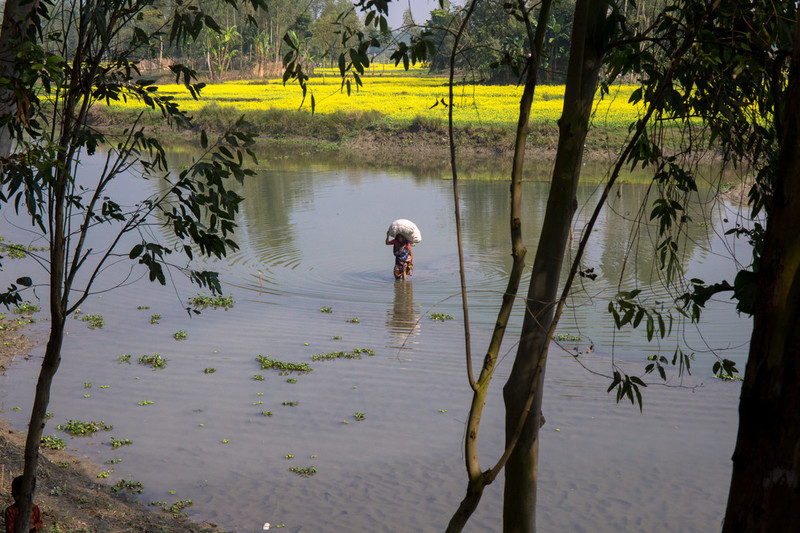
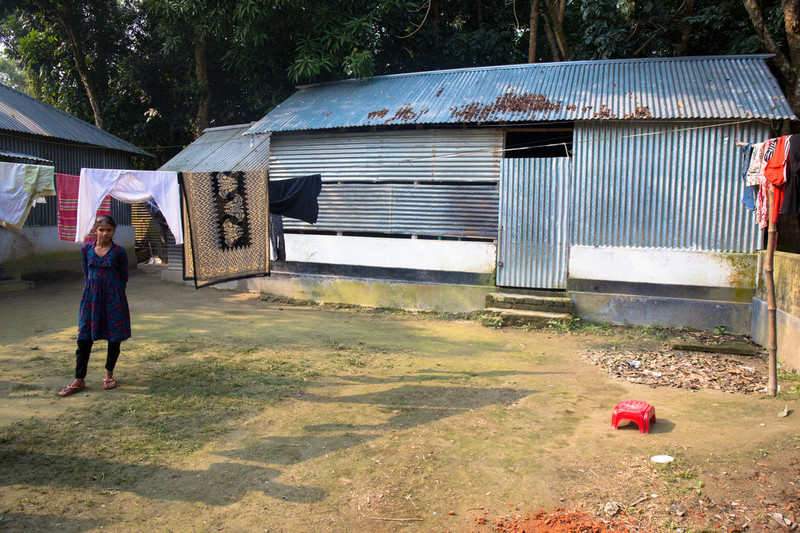
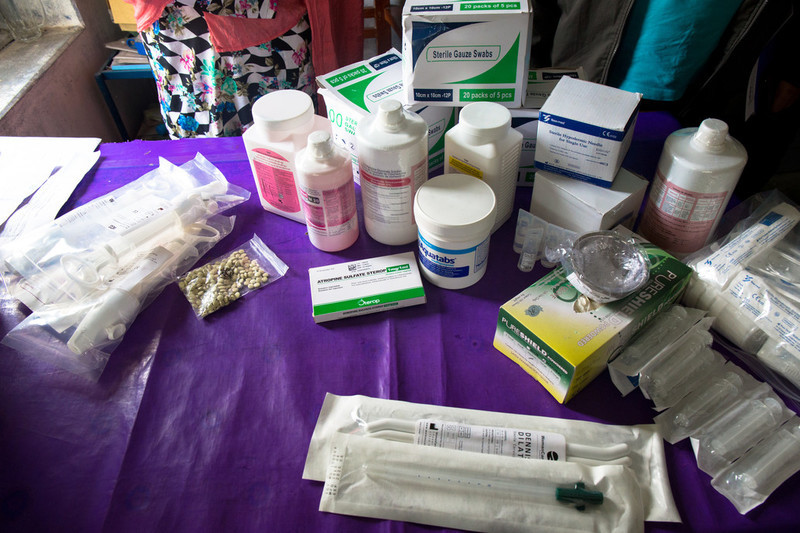
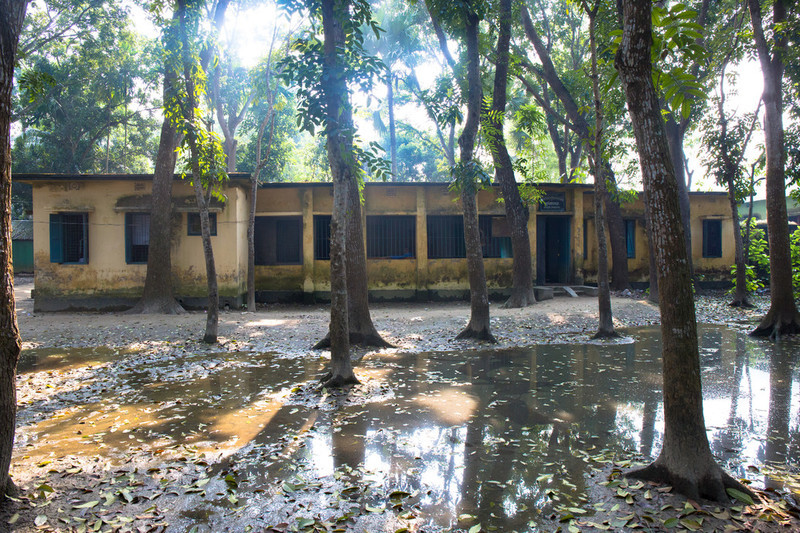
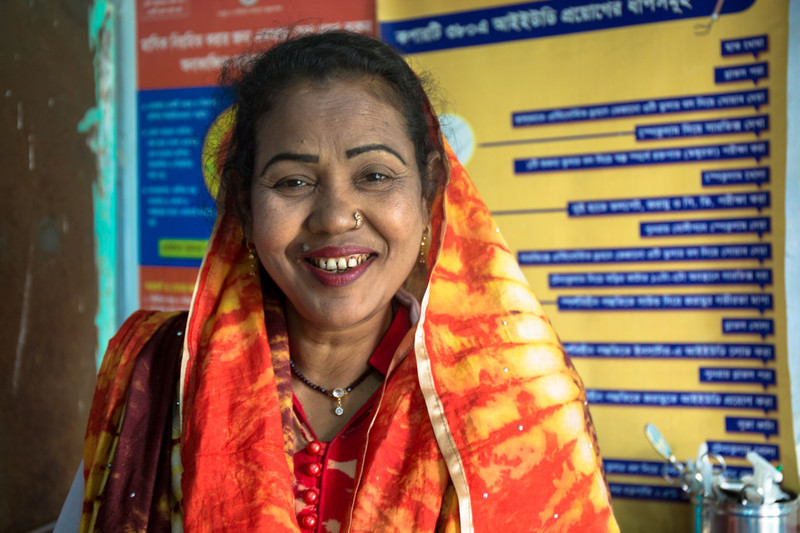
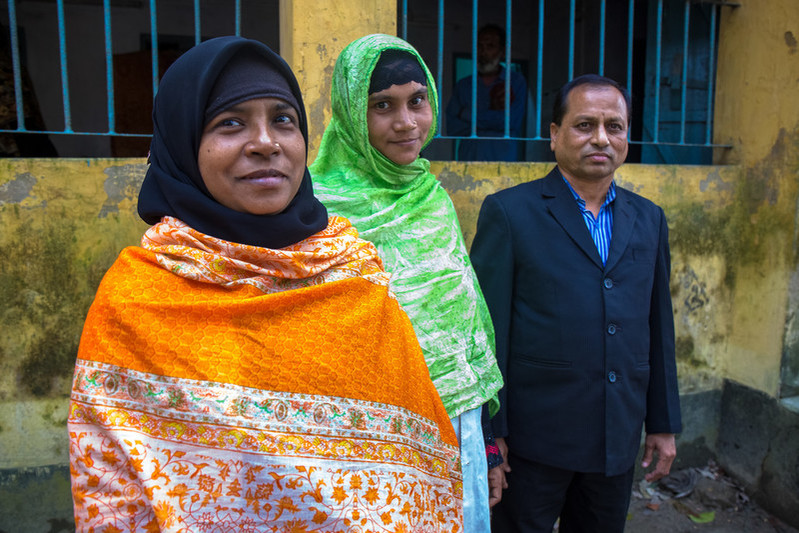
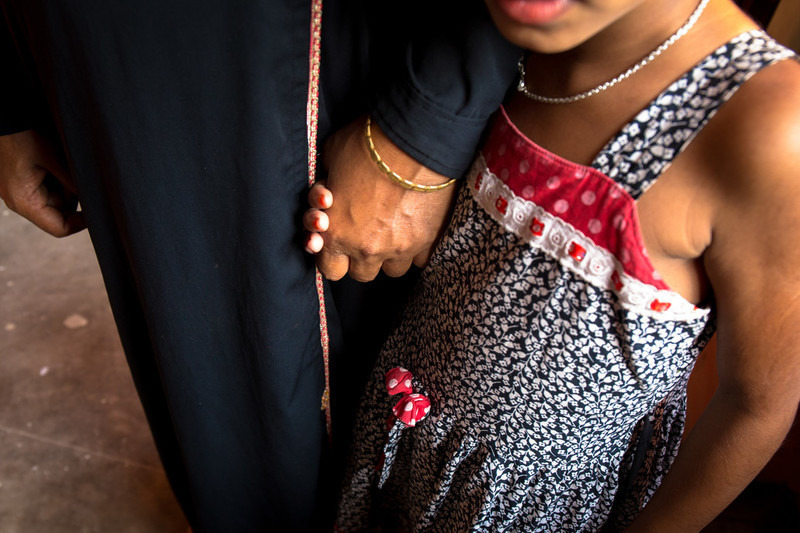
![Poly, 32, explains how six months ago her period stopped. Assuming she was pregnant she showed no other symptoms or physical changes. “My husband, father, and mother-in-law thought that my pregnancy had been eaten by a bad spirit,” Khatun says. “But when I came to the hospital the [doctor] found that I was only 3 weeks pregnant.” Concerned about health complications she decided to undergo menstrual regulation.](/sites/default/files/slideshows/Bangladesh_60475_IPPF_Victoria%20Milko_Bangladesh_IPPF%20%20.jpg)
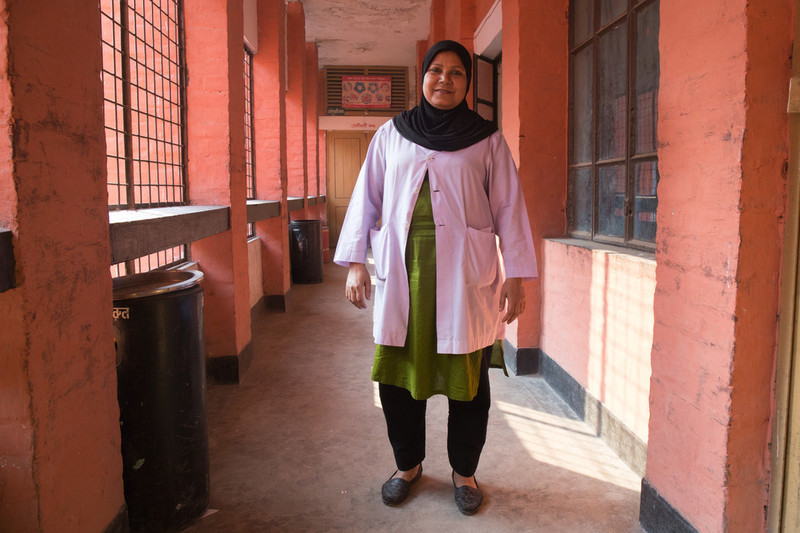
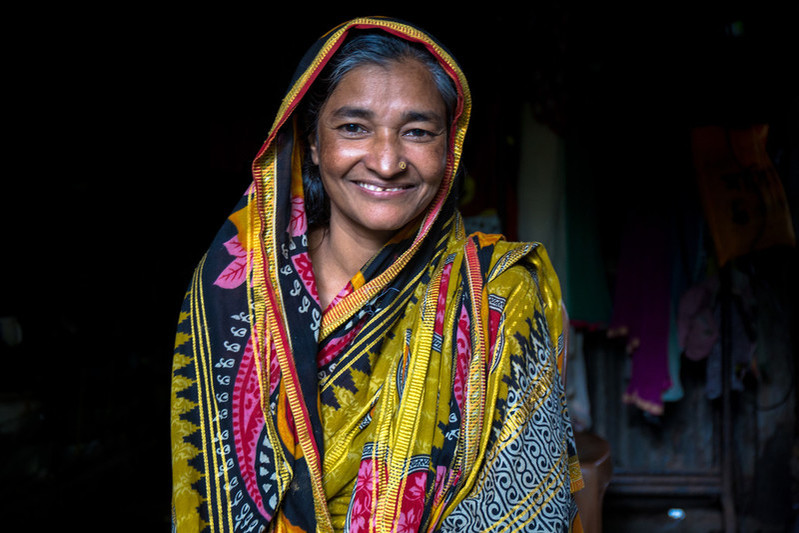
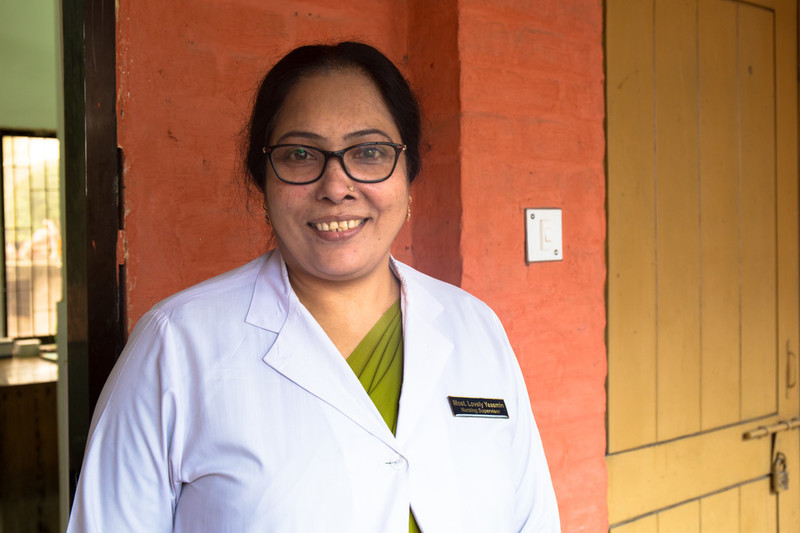
when
country
Bangladesh
Subject
Emergencies
when
country
Bangladesh
Subject
Emergencies
Bangladesh
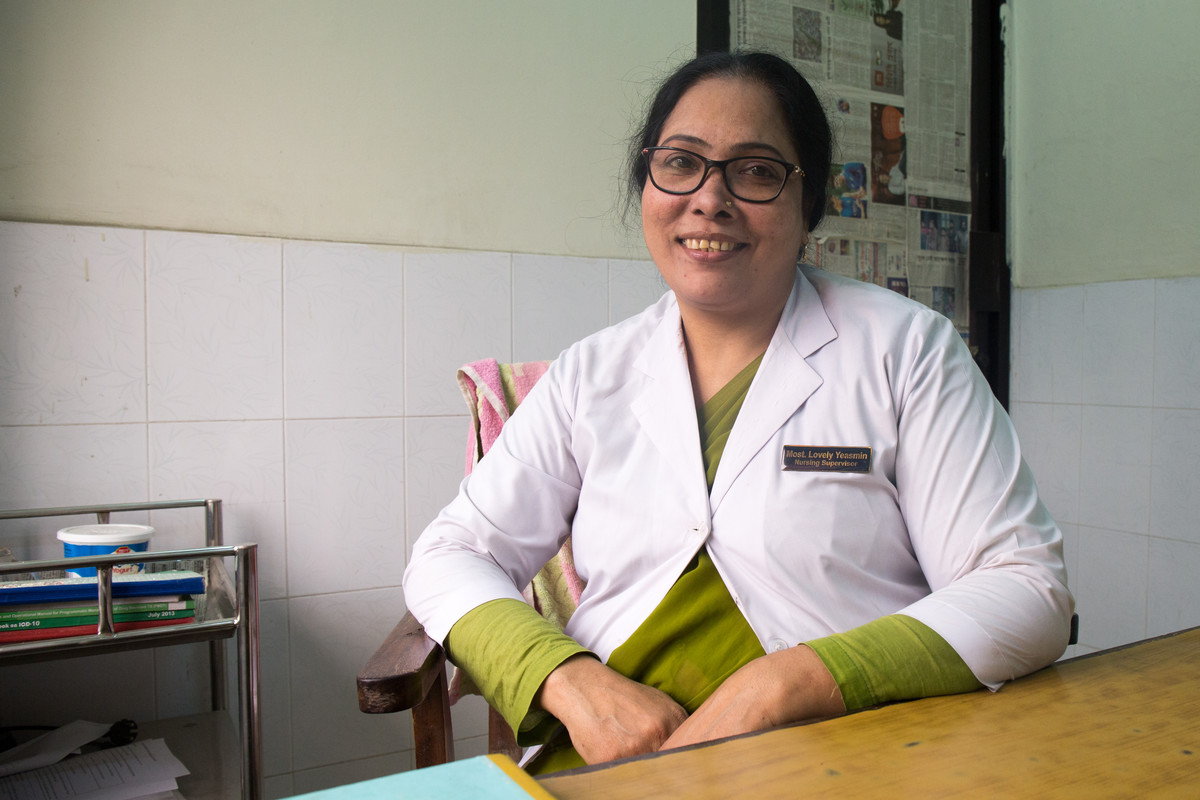
In Bangladesh menstrual regulation, the method of establishing non-pregnancy for a woman at risk of unintended pregnancy, has been a part of the country’s family planning program since 1979 and is…
Help us deliver sexual and reproductive healthcare to those most in need.
